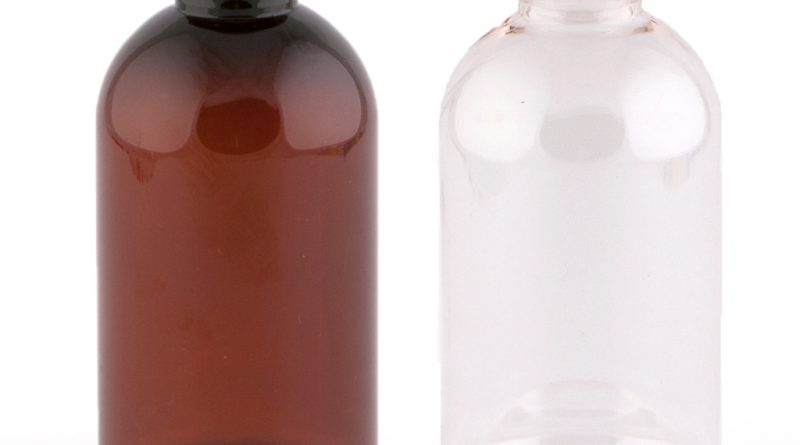Cool drink bottle is no trash
Mpact Recycling has called upon consumers to take greater care when disposing of their refuse. “We urge consumers to separate recyclable plastic bottles and other recyclable items at home instead of relying on recyclers to do so at landfill. By that time the plastic is often too contaminated with items like soil to be recycled,” says Ronald Fairbanks, General Manager at Mpact Polymers.
Considerable progress has been made to increase the recycled portion of PET in the manufacturing of new plastic bottles. An increase in the percentage of rPET bottles is conditional upon two things: improving the industry’s capacity to recycle, which has been achieved by Mpact Polymers PET recycling operation; and by improving the quality of PET being processed in the operation. By consumers ideally separating recyclables at source, they can ensure that the bottles don’t end up in landfills as part of the municipal waste collection process which ultimately prevents them from becoming too contaminated to be recycled.
With the formal sector’s increased investment into new recycling capacity, Mpact Polymers operation accounts for 85 direct jobs and indirectly, an anticipated 1,000 additional jobs are expected to be created within the recycling industry. This would be as a result of a greater demand for collectors, small businesses and buy-back centres.
In its latest results for 2015, PETCO (the PET Recycling body) reports that the organisation recycled an additional 15% of post-consumer bottles in comparison to the previous year and that the total PET market grew by 8.5% to 210 000 tonnes. The 1.7 billion PET bottles that were collected across South Africa in 2015, which equates to approximately 4.7 million bottles collected each and every day, sustained over 50 000 income opportunities. An annual PET recycling rate of 52% of post-consumer bottle PET was achieved and, for the first time, PETCO recycled more bottles than those going into landfills. The goal is to reach 170,000 tonnes by 2022 and the industry is on track to achieve this.
“Notwithstanding the positive improvement, we could be doing considerably better if we were to receive a higher quality of PET material. Consumers need to be educated that their cool drink bottles are not trash, but a livelihood for many, and an essential raw material to improving sustainable plastic manufacturing. Mpact encourages consumers to support recycling wherever possible. Doing your bit at home can make all the difference to job creation and protecting the environment,” says Fairbanks.
Consumers need to learn to separate waste in the home. In the case of PET, this requires ensuring that recyclable plastic is kept separate from other waste and either delivered to recycling centres or left out for collectors to take away separately from municipal waste,” concludes Fairbanks.

